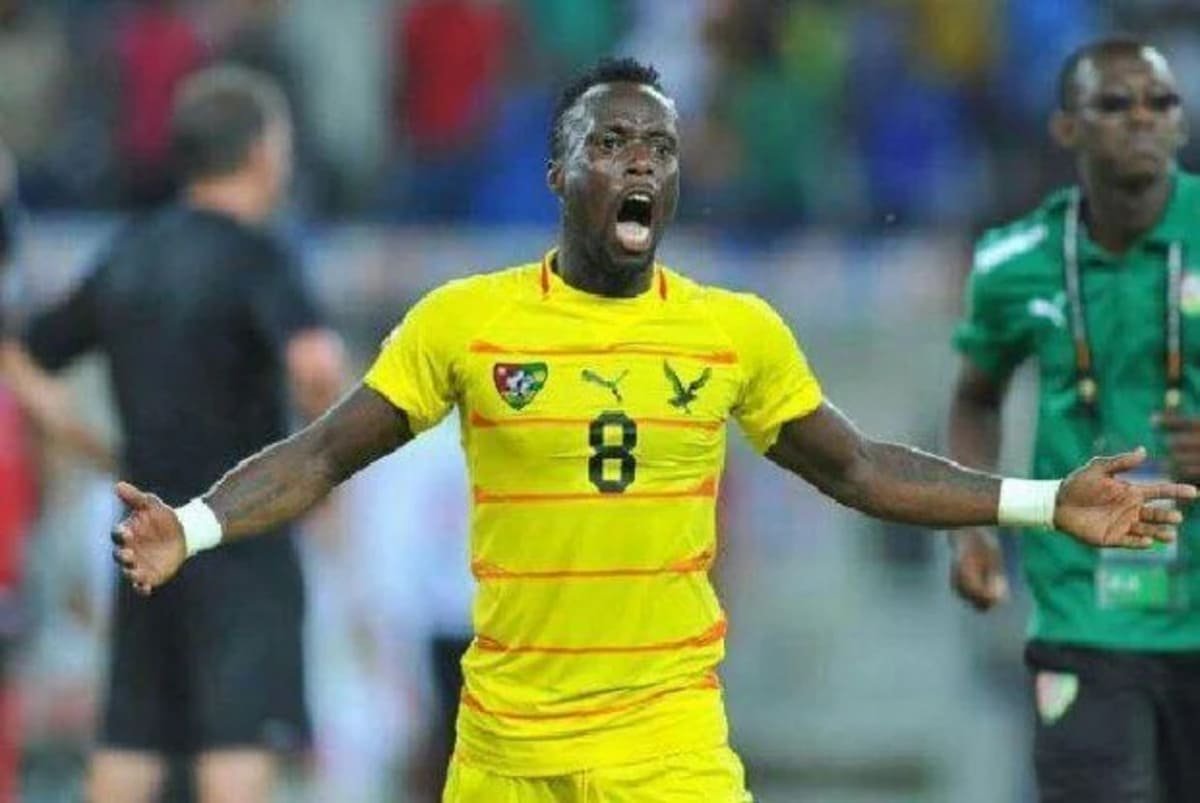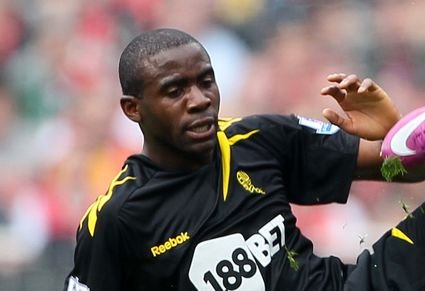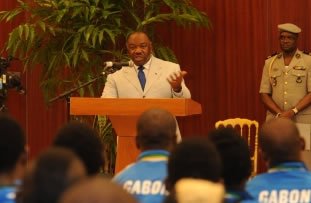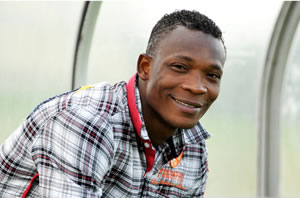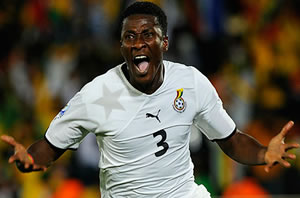AFCON 2015: Africa Unites Behind Sepp Blatter in FIFA Presidential Race
By BBC Sport | February 3, 2015
As the race for the FIFA presidency gathers momentum ahead of the May 29 election, one thing appears certain—Sepp Blatter has the unwavering support of the African continent.
Despite mounting criticism from prominent figures such as UEFA President Michel Platini and agent Mino Raiola, the long-serving FIFA chief has received a resounding vote of confidence from African football federations. According to Kwesi Nyantakyi, president of the Ghana Football Association and a member of CAF’s Executive Committee, all 53 African member associations are backing Blatter for a fifth term in office.
“Africa is behind him. He is very popular with us,” Nyantakyi told Africa Top Sports. “He has done a lot for the continent. His financial assistance programmes and the Goal Project have significantly developed our infrastructure. Europeans may not understand this, but he has given African football a real boost.”
Blatter, now 79, has led FIFA since June 1998 and is preparing for what could be a tightly contested election. While his critics point to persistent allegations of corruption and a lack of transparency within the organisation, his defenders, particularly across Africa, highlight his tangible contributions to the global development of the game—especially in underserved regions.
Under his tenure, African football has seen increased investment, improved infrastructure, and more representation on the global stage. The successful hosting of the 2010 FIFA World Cup in South Africa marked a historic milestone for the continent and is often cited as a legacy achievement of Blatter’s leadership.
The FIFA presidential election is scheduled for May 29, and the deadline for candidacy submissions was January 29. Among those who have formally declared their intention to run are Frenchman Jérôme Champagne, former footballer David Ginola, and Prince Ali bin Al Hussein of Jordan—alongside Blatter himself.
The question now facing the footballing world is whether Blatter’s global influence and deep-rooted support, particularly in regions like Africa, will be enough to carry him to another term, or if the growing call for reform will usher in a new era of leadership at FIFA.
With Africa firmly in his corner, Blatter remains a formidable candidate. But as the election draws closer, the debate continues: is it time for change, or does the veteran Swiss administrator still have more to offer the world’s game?







